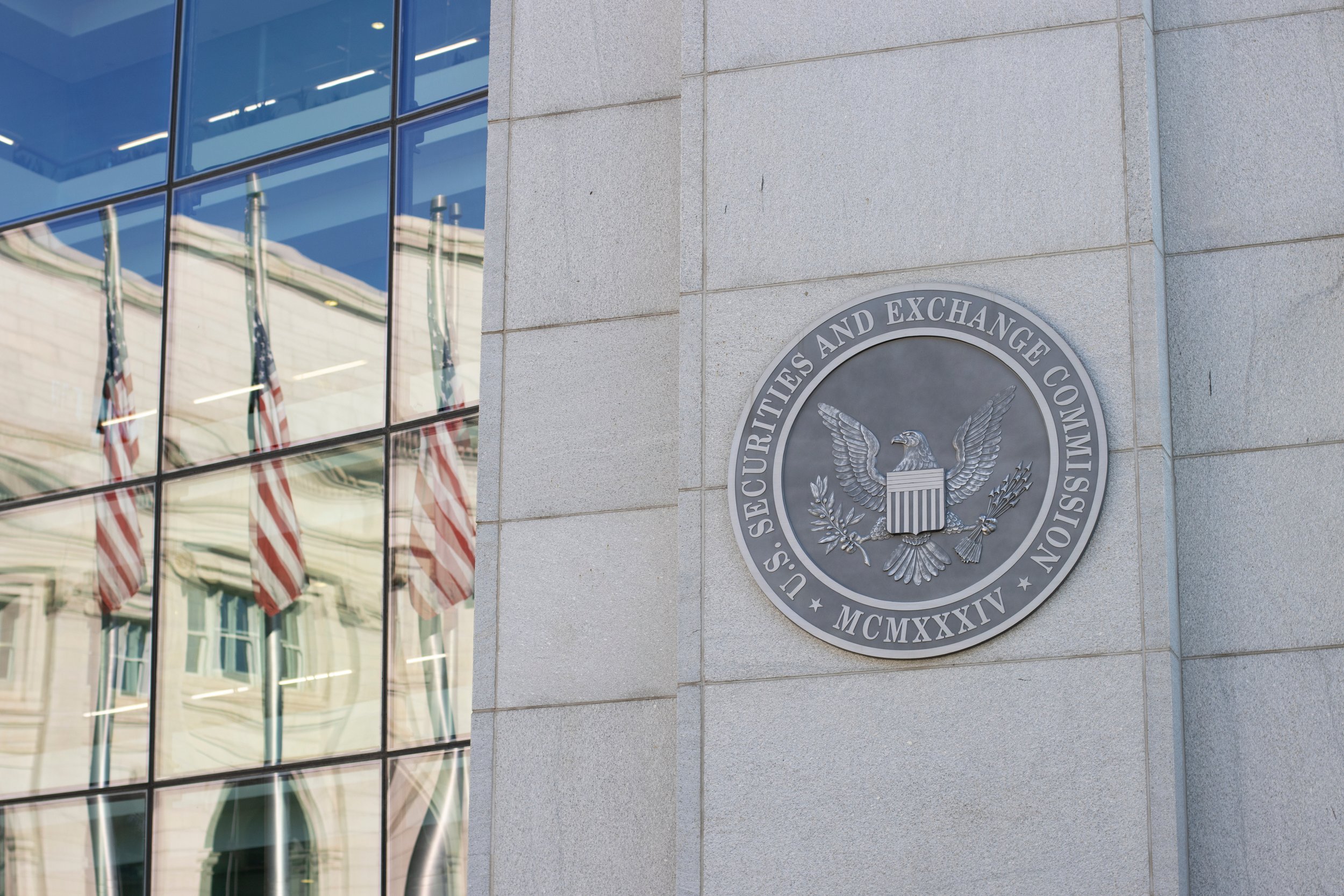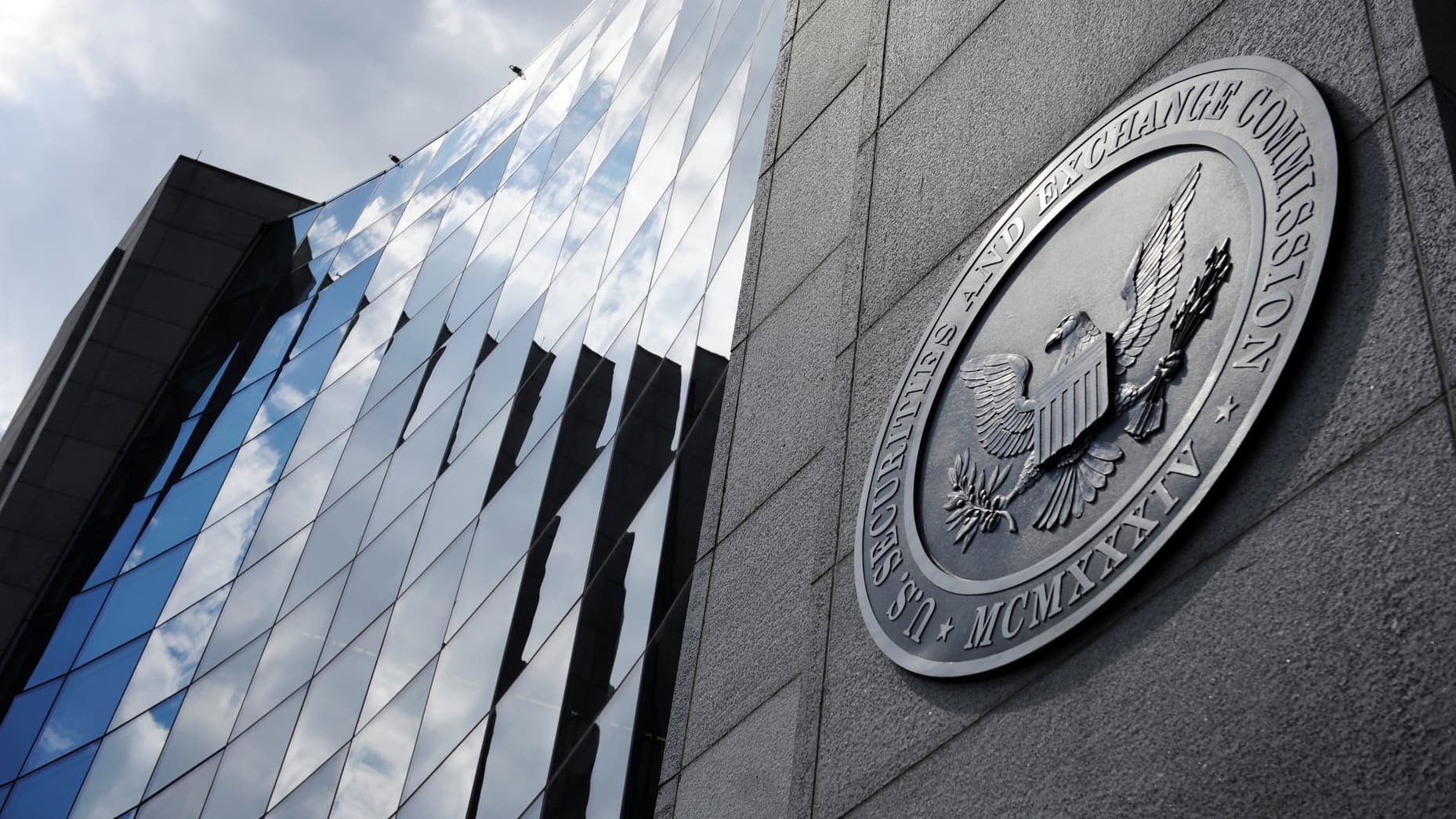
Insights & Regulatory Updates

Choosing the Right Cap Table Platform: A Guide for Entrepreneurs
A well-maintained cap table is the unsung hero of a successful startup. It’s not just a table—it’s a complete, precise, and evolving record of your company’s ownership structure, from shares and options to complex vesting schedules and SAFE notes. Your cap table reflects each owner’s economic interest, voting rights, and claim to future profits. And when managed correctly, it’s a core asset that keeps your company’s foundations rock-solid, allowing you to focus on growth without fear of surprises or costly fixes down the road.

The Impact of Technology on Securities Markets: A Legal Perspective on the SEC’s Report
The SEC’s recent report to Congress on the impact of technological advances in securities markets isn’t merely a catalog of tech developments; it’s an inventory of how these tools alter the market’s fundamental mechanics—and, yes, its regulatory challenges. If the 20th century markets were defined by floor traders, telephone orders, and paper filings, the 21st century has swiftly evolved into a digital arena dominated by algorithms, blockchain, and AI. The upshot? We’re witnessing a market that’s faster, more accessible, and potentially more transparent, but also laden with new regulatory wrinkles. Let’s examine what the SEC has to say about this digital transformation and its implications for legal compliance, investor protection, and, well, market stability.

15 Essential Legal and Financial Considerations for Entrepreneurs and Start-Ups
Embarking on a new business venture is exhilarating, but success in today’s competitive market requires more than just a great idea. Laying the right legal and financial groundwork from the outset can mean the difference between thriving and merely surviving. From choosing the ideal business structure to safeguarding your intellectual property, the right decisions early on protect your assets, attract investors, and set your business on a path to sustainable growth. Here’s a roadmap of 15 critical legal and financial considerations that every entrepreneur should prioritize to create a solid foundation and inspire confidence in stakeholders.

Under the Radar: SEC Penalizes Adviser for Weak MNPI Controls in CLO Trades
Managing MNPI risk is no longer just about avoiding direct trades on inside information; it’s about creating robust, tailored safeguards that address the way MNPI can impact related investments, particularly in intricate vehicles like CLOs. With the SEC placing renewed focus on MNPI in credit markets, now is the time to ensure your compliance protocols are more than just routine. This article unpacks the SEC’s action against Sound Point and provides essential takeaways for investment advisers on avoiding similar pitfalls.

Companies Seeking Capital—Be Wary of “Consultants” and “Finders”
For smaller companies and startups seeking to raise capital, encountering consultants or “finders” who promise to connect them with potential investors is common. While these individuals may offer valuable introductions, companies must carefully consider the legal framework surrounding these services. Engaging unregistered individuals in capital-raising activities can lead to regulatory and legal consequences that can jeopardize the success of the funding round and the company’s future growth. However, a legally compliant path exists for certain “finders” to operate without triggering registration as a broker-dealer.

Trillium Capital Manager Sentenced to Prison for Securities Fraud in Getty Images Scheme
A Massachusetts-based venture capitalist, Robert Scott Murray, was sentenced today in Boston’s federal court for orchestrating a securities fraud scheme designed to inflate the trading price of Getty Images Holdings, Inc. (NYSE: GETY). Murray, 61, will serve 10 months in prison and two years of supervised release, as ordered by U.S. District Judge Denise J. Casper. Additionally, he faces forfeiture of $227,543 in illicit gains. Murray, who pleaded guilty in June 2024 to one count of securities fraud, had previously led several public companies, including Stream Global Services and 3Com, before founding and managing Trillium Capital LLC.

SEC Charges The Lovesac Company and Former Executives with Accounting Violations Over Concealed Shipping Expenses
The Securities and Exchange Commission (SEC) recently announced charges against The Lovesac Company, a publicly traded furniture retailer based in Connecticut, as well as two of its former executives, Donna Dellomo, CPA (the company’s former CFO), and Yoon Um, CPA (the former controller), for alleged accounting violations. These charges stem from unreported shipping expenses that allegedly skewed the company's financial records and metrics. Lovesac has agreed to settle the claims, including a civil penalty payment of $1.5 million.

Tether CEO Acknowledges Vulnerability to U.S. Government Control Amidst Renewed Scrutiny
As Tether, the largest stablecoin issuer in the crypto market, faces increasing regulatory pressure, CEO Paolo Ardoino recently underscored the company’s complex relationship with U.S. authorities in an interview with CoinDesk. Despite Tether's compliance with international sanctions and cooperation with law enforcement, Ardoino acknowledged that the company’s survival ultimately depends on the discretion of U.S. regulators. "If the U.S. wanted to kill us, they can press a button and kill us anywhere,” Ardoino stated, adding that Tether’s approach is not to challenge U.S. authority directly.

Coinbase CEO Calls for Accountability from Future SEC Chair Over Crypto Regulation Missteps
In a bold statement on October 29, Coinbase CEO Brian Armstrong voiced his frustrations with the Securities and Exchange Commission's (SEC) handling of crypto regulation, stating that the agency's next chair should issue a public apology for what he described as "damage" to the American crypto sector. Armstrong highlighted years of inconsistent statements and actions from the SEC, which he argues have harmed innovation, created regulatory confusion, and discouraged crypto businesses from operating in the U.S.

SEC Adopts New Rules to Strengthen Risk Management and Resilience of Covered Clearing Agencies
The U.S. Securities and Exchange Commission (SEC) has adopted key rule amendments and introduced a new rule aimed at enhancing the resilience and risk management practices of covered clearing agencies. These measures are designed to bolster the stability of the financial system by mandating intraday margin collection, ensuring the reliability of risk-based margin model inputs, and formalizing recovery and wind-down planning protocols.

Exploring FINRA's New Report on Metaverse Opportunities and Challenges for the Securities Industry
On October 24, 2024, FINRA released an eye-opening report, The Metaverse and the Implications for the Securities Industry, addressing the securities industry’s potential engagement with the metaverse—a rapidly evolving virtual landscape. The report underscores emerging use cases, industry challenges, and regulatory considerations for broker-dealers and other FINRA member firms looking to leverage immersive virtual technology to innovate in customer engagement, data visualization, trading, and investor education.

FINRA Strengthens Borrowing and Lending Rules: Key Amendments to Rule 3240 Effective April 2025
The Financial Industry Regulatory Authority (FINRA) has adopted significant amendments to Rule 3240, which governs borrowing and lending arrangements between registered persons and their customers. These updates, effective April 28, 2025, are designed to reinforce the general prohibition against such arrangements and introduce several key modifications, including stricter notice and approval requirements, a modernized definition of “immediate family,” and narrower exceptions for personal and business relationships.

Gensler Reaffirms SEC's Regulation-By-Enforcement Approach to Crypto Amidst Industry Debate
Securities and Exchange Commission (SEC) Chair Gary Gensler has once again reiterated his commitment to the agency's ongoing regulation-by-enforcement strategy concerning cryptocurrency. Despite criticism from various sectors of the digital asset industry, Gensler maintains that the SEC’s efforts are firmly grounded in decades of legal precedent, and he intends to continue this approach to provide clarity and protection in the rapidly evolving world of digital assets.

Unpacking the SEC’s 2025 Examination Priorities: What’s on the Horizon for Investment Advisers, Broker-Dealers, and the Financial Sector
With the dawn of a new fiscal year, the U.S. Securities and Exchange Commission’s (SEC) Division of Examinations has unveiled its 2025 examination priorities. This annual roadmap serves as both a warning and a guide for firms navigating the ever-evolving regulatory landscape. The 2025 priorities not only highlight long-standing risk areas like fiduciary duty and cybersecurity, but also shine a spotlight on cutting-edge issues such as artificial intelligence and the growing complexities surrounding crypto assets.

Kamala Harris’s Team Is Considering Candidates to Replace SEC Chair Gary Gensler
With the 2024 election heating up and polls showing a tight race between Vice President Kamala Harris and former President Donald Trump, both camps are laying out vastly different strategies, including their approaches to regulatory enforcement. As part of Harris’s transition planning, her team is already vetting candidates to replace Gary Gensler as Chair of the Securities and Exchange Commission (SEC), signaling potential shifts in the Commission's direction—particularly in its treatment of cryptocurrency and emerging financial technologies.

SEC Charges WisdomTree Asset Management with ESG Misstatements and Compliance Failures
The Securities and Exchange Commission (SEC) has charged WisdomTree Asset Management, Inc., a New York-based investment adviser, with failing to adhere to its own investment criteria for funds marketed as incorporating environmental, social, and governance (ESG) factors. The charges stem from the firm’s misstatements and compliance lapses related to the execution of its ESG investment strategies.

Regulatory Compliance in a Whistleblower-Focused Era: How Companies Can Stay Ahead
With regulators intensifying scrutiny, companies today face growing pressure to strengthen their compliance programs, especially in an environment where whistleblower activity is on the rise. Both the Department of Justice (DOJ) and the Securities and Exchange Commission (SEC) have sharpened their focus on what they expect from businesses when it comes to managing risk, ensuring ethical behavior, and maintaining transparent operations.
Musk and Dogecoin Investors Go Another Round: Post-Dismissal Sanctions Motions in Dogecoin Class Action
The legal drama between Elon Musk, Tesla, and Dogecoin investors continues to unfold in a battle that refuses to end, even after the dismissal of a securities class action by a Manhattan federal judge in late August 2023. Initially, the Dogecoin investors accused Musk and Tesla of manipulating the price of the cryptocurrency for personal and corporate gain. However, after four rounds of amendments to the complaint, the judge dismissed the case, seemingly putting an end to the litigation.

SEC Charges North Carolina Resident with Insider Trading in Biopharmaceutical Company
In a recent enforcement action, the Securities and Exchange Commission (SEC) charged Matthew Groom, a North Carolina resident, with insider trading involving the Massachusetts-based biopharmaceutical company, Spero Therapeutics, Inc. According to the SEC’s complaint, Groom used confidential information obtained during his role as an IT consultant for Spero to avoid substantial financial losses ahead of a significant corporate announcement.

SEC Alleges Cumberland DRW Sold $2 Billion in Unregistered Securities
In a new enforcement action that adds fuel to the ongoing regulatory battle over digital assets, the U.S. Securities and Exchange Commission (SEC) has sued Chicago-based crypto trading firm Cumberland DRW. The lawsuit, filed on October 10, 2024, accuses Cumberland of operating as an unregistered broker and handling over $2 billion worth of crypto assets—specifically, tokens like Solana and Polygon—that the SEC claims are unregistered securities.
